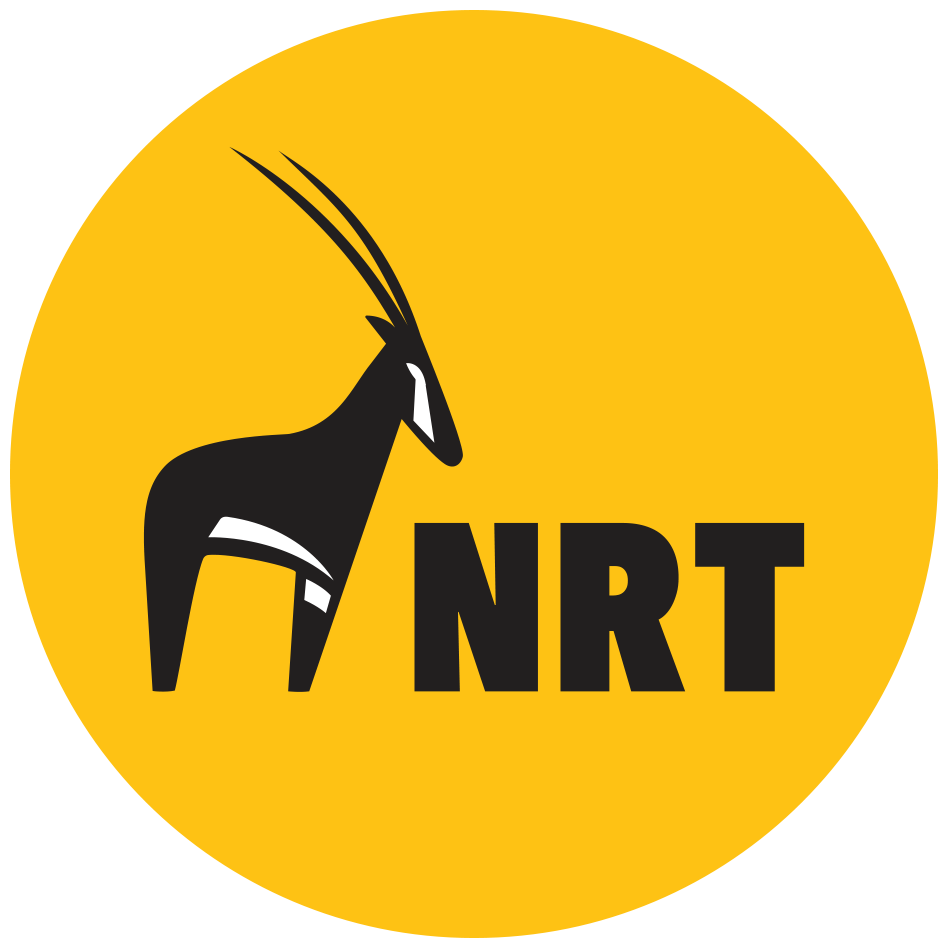Second Group of Rescued Elephant Calves Return to the Wild
22nd November, 2019
Reteti Elephant Sanctuary in Namunyak Community Conservancy - Kenya’s only community-run elephant sanctuary - has successfully returned its second group of rescued and rehabilitated elephants to the wild. Three elephants aged between three and five were moved in late November, following the pioneering ‘re-wilding’ of three of their stable-mates in May this year. The move was a partnership between the Reteti Elephant Sanctuary, Namunyak Community Conservancy, Sera Community Conservancy, the Kenya Wildlife Service, the Northern Rangelands Trust, Conservation International, San Diego Zoo Global, Save The Elephants, and others.
Young elephants Shaba (aged 4.5), Mpala (aged 3) and Pokot (3.5 years) will join a herd of over 30 roaming wild in the Sera Rhino Sanctuary, Sera Community Conservancy. Speaking during the exercise, Dr. Steve Chege, a veterinarian working with NRT and San Diego Zoo said it was “a tremendous success to have three [elephants] go back to the wild where they belong, without any health inhibitions or natural impediments.”
The youngsters will be closely monitored by a dedicated monitoring team, in partnership with Save The Elephants and San Diego Zoo, to ensure they are healthy, happy and adapting well to life in the wild. Their release comes after two years of rehabilitation at Reteti, whose goal is to rehabilitate and re-wild rescued elephants in northern Kenya.
Shaba was rescued on the 10th of November 2016, shortly after Reteti first opened. She was 18 months old when her mother was killed by poachers in the Shaba National Reserve, and was very traumatized when she arrived at the Sanctuary. It took keepers several days to gain her trust and persuade her to drink milk from the bottle they were offering, but Shaba soon became the matriarch of the orphan herd – keeping order and teaching new calves how to navigate the area.
Mpala was rescued on 21st June 2017 aged 9 months and Pokot later the same year, on 11th November aged just 6 months old. Both had been abandoned by their herds during the severe drought.
“Before Reteti was established, elephants north of the equator would be taken to Nairobi, this was a tedious exercise and also stressful to the animals,” notes Anthony Wandera, NRT’s Senior Research Officer, “but with authorisation and support from Kenya Wildlife Service, all elephants that are rescued north of the equator are now rehabilitated and re-wilded from Reteti.”
Reteti only takes in elephants after trying to reunite them with their family herds. In 2018, the team managed to reunite five abandoned calves with their families, working in partnership with local rangers and communities. Failing that, elephants are taken into care with the ultimate aim of returning them to the wild as soon as they are ready. Sera Conservancy rangers have been able to confirm that the calves released in May have been spending time with a wild herd, the first step towards reintegration and the best outcome all involved had hoped for, and a reassuring sign that the latest Reteti orphans to be released can do the same.
Namunyak Conservancy, Sera Conservancy, and other NRT-member conservancies receive core programme support from USAID, The Nature Conservancy, DANIDA and many others.
